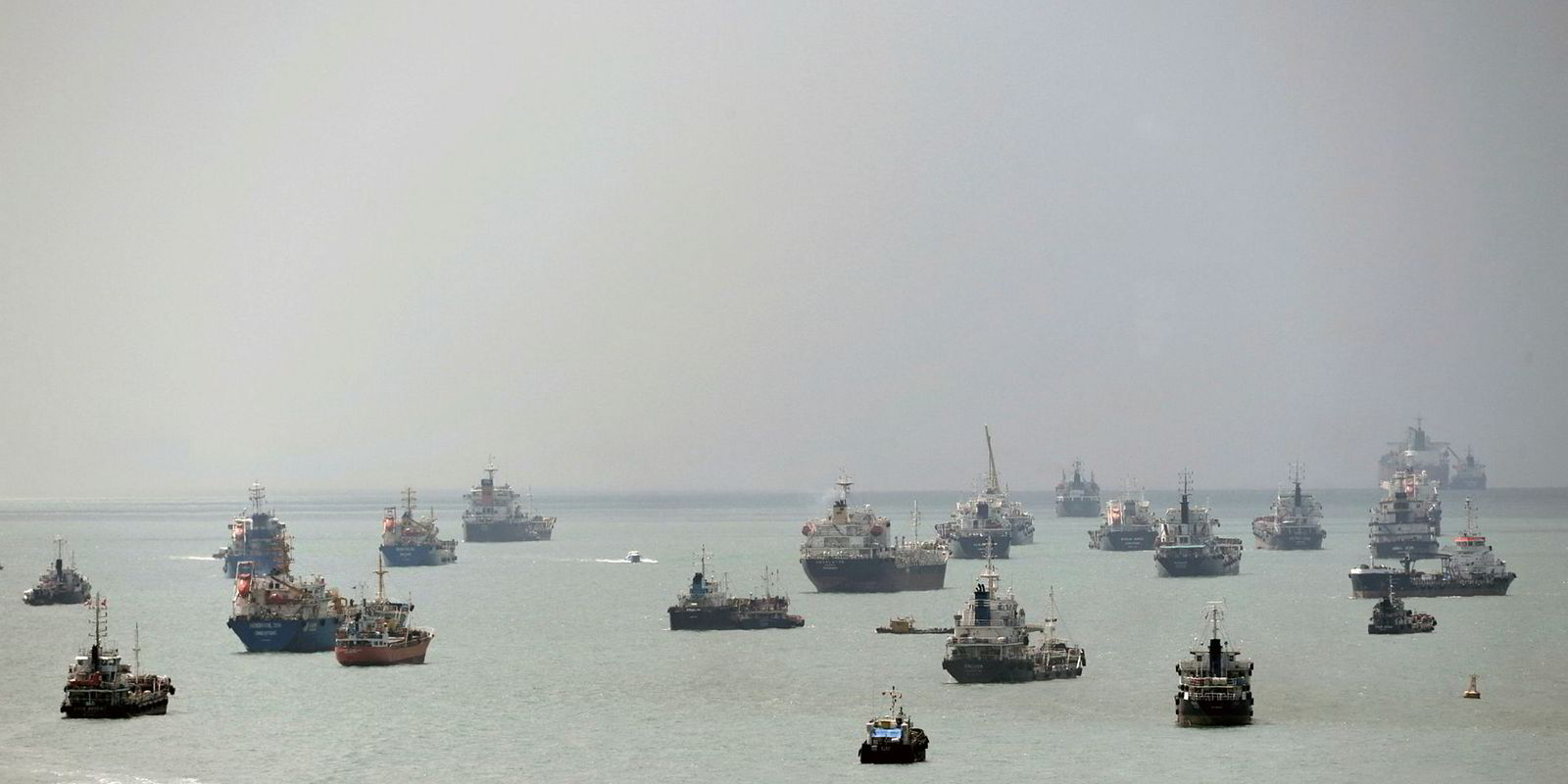The first Bimco bunker clause that deals with the IMO's new 2020 fuel rules could be published as soon as the end of next month.
The owners association is fast-tracking a series of solutions for charter parties, as it deemed a "one-clause-fits-all" approach unworkable.
Compliance with the low-sulphur requirement will be the focus of the first clause.
The full series will be rolled out over the next few months, completing early in 2019.
Bimco said that it became apparent at an initial meeting of its experts earlier this month that it could not produce just a single clause.
"There are still a number of 'unknowns' to factor into the transition from residual fuels to 0.5% sulphur content fuels, but the group expects the picture to become clearer in the months to come," it said.
The plan is to divide the 2020 bunker issues into four distinct projects dealing with compliance after 1 January 2020.
It will look at the transitional period leading up to and immediately after the deadline, as well as scrubber-related issues.
The work will culminate with a possible review of Bimco's existing suite of time-charter bunker clauses to adapt them for post-2020, if needs be.
The draft compliance clause sets out a time-charterers’ obligations and liabilities in providing fuel of the required sulphur content post-2020.
Fuel management remains the responsibility of the owners, Bimco said.
Work begins on transition
The expert group will now examine issues such as quantities of residual fuel on board at redelivery; tank cleaning costs; and disposal of residual fuel (which most likely will need to be done within the first quarter of 2020).
It is likely that the transitional-phase clause will need to address the "final bunkering of the ship by the charterers prior to redelivery to ensure that residual fuels are close to the safety margins on redelivery," it said.
There will also need to be sufficient 0.5% sulphur content fuel on board at redelivery to allow the ship to reach the next bunkering port where compliant fuel is available, it added.
The scrubber clause has been assigned a slightly lower priority, as only a relatively small percentage of the world fleet is expected to fit these systems to their ships, Bimco said.
The main issue to address is possible cost-sharing between owners and charterers of the installation of a scrubber.
The first clause has been drafted with the help of shipping law firm HFW.
Its team is led by head of offshore Paul Dean and also includes senior associates Alessio Sbraga and Rory Grout.
Paul Dean, head of offshore at HFW: said: "It is a privilege to support Bimco, the other members of the drafting sub-committee, the wider membership of Bimco and the shipping community generally on this very important new regulatory requirement."





